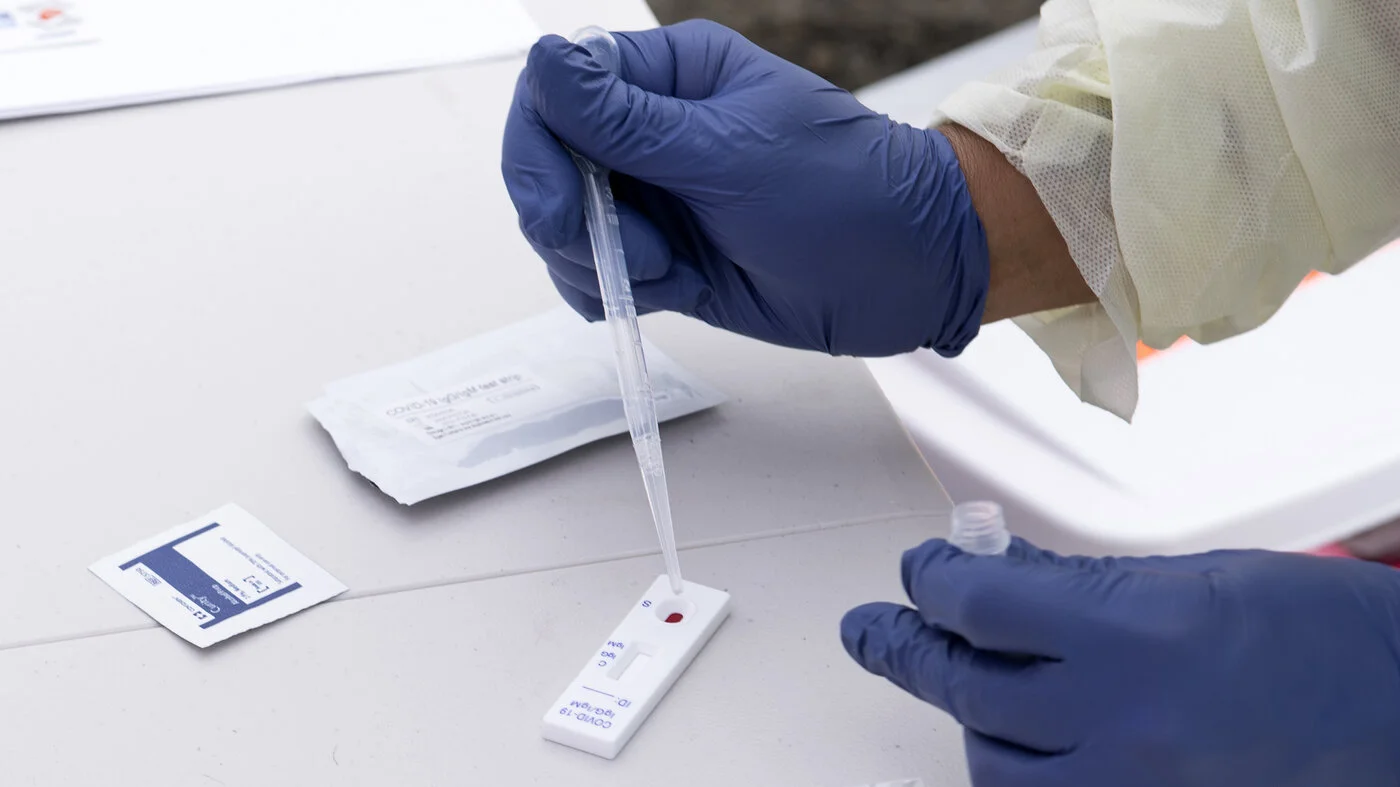COVID-19 Testing – Understanding Antibody Tests
Antibody tests are a powerful tool to help fight COVID-19. Here is a quick overview of how they work and their accuracy.
The COVID-19 pandemic has hit us hard. Months into this global health crisis, we are still struggling to get it under control. Every day, there are tens of thousands of new infections and hundreds of deaths. It has put a tremendous stress on our society, our healthcare system and our economy. We are trying very hard to re-open our economy and bring life back to normal, which includes getting our kids safely back in school.
There is a lot of conversation about testing. Antibody tests, also called serological tests, help detect the presence of antibodies in blood samples. When someone has COVID-19, their immune system responds with antibodies to fight the SARS-CoV-2 Coronavirus that causes this disease. These antibodies can last for weeks and months after the initial infection and full recovery. We are still trying to figure out the level of immunity they provide and how long it might last. Antibody testing, when done at large scale, can help us understand the true rates of infection, mortality rates and level of immunity in the population on a regional basis. That is why these tests are a very powerful tool to help fight this devastating disease.
The Accuracy of Covid-19 Antibody Tests
As we write this blog, the FDA has authorized 30 different antibody tests for Emergency Use. These tests are mainly based on two different techniques - ELISA and Lateral Flow. Their accuracy is reflected by the false negative and false positive rates. Check out these videos below for a high-level overview of these techniques and accuracy of 7 of the tests that came out during the early phase of the pandemic in the United States. We will be providing more updates in the future about other recently authorized tests.
Key Points about Accuracy and Risk
Accuracy of these tests is evaluated in terms of false negative and false positive rates.
False Negative: Test is negative; i.e. antibodies are not found in the blood sample that came from a confirmed COVID-19 patient.
False Positive: Test is positive, i.e. antibodies are found in the blood sample that came from a confirmed non-COVID-19 patient.
The false negative and false positive rates are estimated based on the lab characterization of an antibody test. Known samples from either confirmed COVID-19 patients, or confirmed non-COVID-19 patients are tested and evaluated against expected results. Sometimes, these numbers are reported as Diagnostic Sensitivity (also called Positive Agreement) and Diagnostic Specificity (also called Negative Agreement).
Understanding Risk
There is risk associated with both false positive and false negative results. In the current context, however, the risk of false positive is higher. This is because a false positive may give an impression that the patient has antibodies to SARS-CoV-2, and therefore, some level of immunity against SARS-CoV-2. This is not true and they are still at risk of getting infected if they are exposed to the virus in public. A second test to confirm the positive result may be considered in certain situations based on clinical judgment.
The second risk is related to the FDA Emergency Use Authorization process itself. Under normal circumstances, FDA would require a lot more data on clinical validation before approving these tests. During the current public health emergency due to COVID-19, the FDA has relaxed some of these requirements. As a result, many different tests have been rushed to the market with limited test validation data. While having these tests is far better than having none at all, it is very important to appreciate that there is limited data on test accuracy and reliability. We need to be careful about any clinical or public health policy decisions we make based on the results of these tests.
In Conclusion
Antibody tests are an important tool in our toolbox to fight COVID-19. Given the urgency of the current situation, FDA has authorized many antibody tests very rapidly for emergency use. They have allowed these tests to be marketed with very limited validation data. As a result, there is a higher level of risk associated with these tests and their results should be carefully evaluated before making any clinical or public health policy decisions. In some cases, a second confirmatory test may be needed.
There is a lot going on in the medical industry right now. To stay current, subscribe to our YouTube Channel for our weekly updates. You can also sign up here for our exclusive, in-depth analysis of key topics in the medical industry. Contact us if you have any questions or comments, or if you would like to learn more about any specific topics related to COVID-19.

